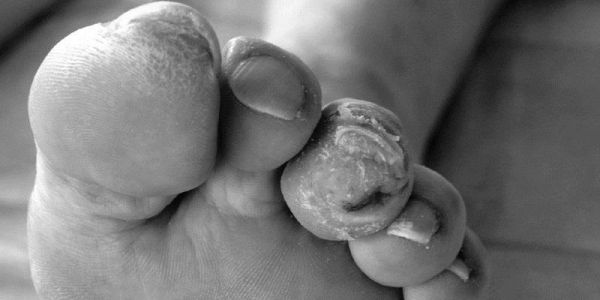
Climate change could increase volcano eruptions
Shrinking glacier cover could lead to increased volcanic activity in Iceland, scientists have warned.

Shrinking glacier cover could lead to increased volcanic activity in Iceland, scientists have warned.
University of Leeds statement: Wealth screening

Pregnant women who go to sleep on their back during the later stages of pregnancy face an increased likelihood of suffering a stillbirth, according to new research.

The University has seen a £12 million boost in research council awards during 2016/17 according to a Times Higher Education (THE) magazine analysis.

Half the babies born to women with diabetes are at risk of suffering complications due to fluctuations in their mothers’ glucose levels, say researchers.

Scientists have discovered the ‘genetic signatures’ of the most common form of bladder cancer – and it opens up the possibility of better-targeted treatment, according to newly published research.

The prognosis for people with an infected diabetic foot ulcer is worse than was previously thought, according to new research.

Children's intensive care units were operating under increased pressure as they coped with rising numbers of patients and a lack of specialist nurses, according to the latest audit.

Progress is being made in creating a more diverse legal profession, according to new research, but women and black, Asian and minority ethnic (BAME) solicitors still face career progression barriers.

The University is to name a key building in its £96m investment in engineering and physical sciences in honour of one of Leeds’ most influential scientists.